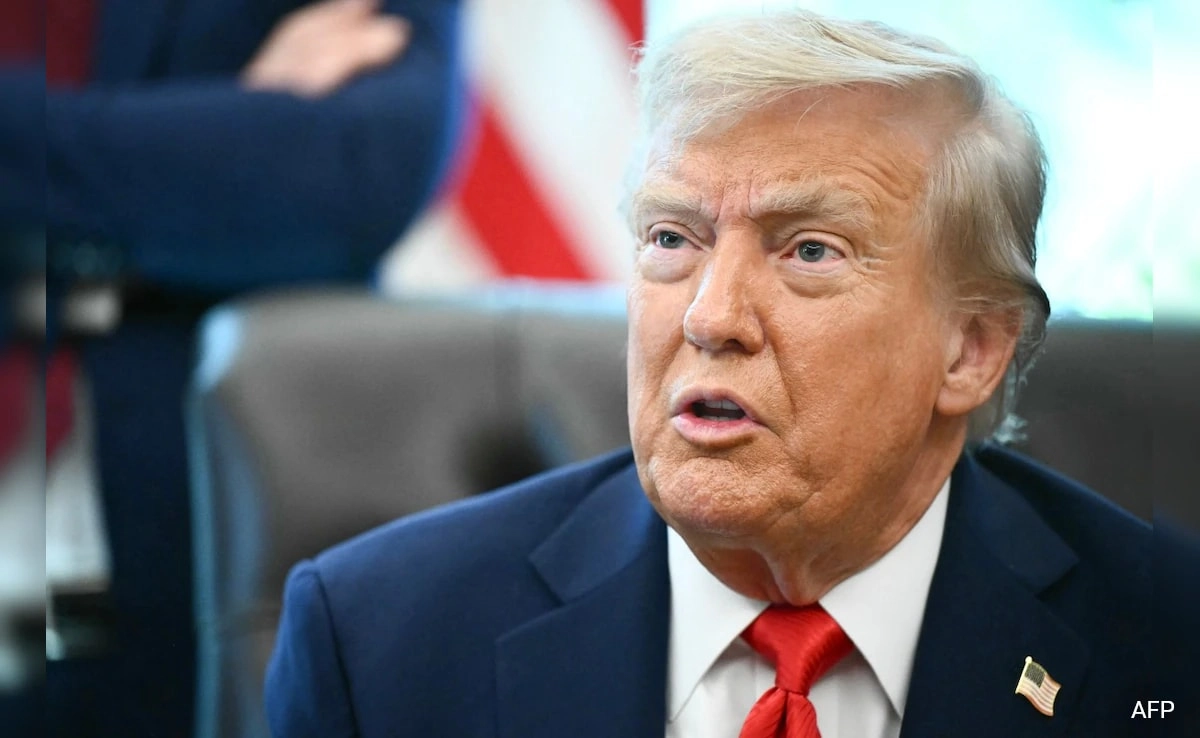In a recent statement that has garnered significant attention, former President Donald Trump referred to himself as the “President of…” while addressing a controversial topic: the burning of the U.S. flag. This declaration comes amidst ongoing debates surrounding freedom of speech, patriotism, and the legal implications of flag desecration. Trump’s comments reflect his established position on national symbols and the importance he places on demonstrating respect for the United States and its ideals. By labeling such acts as criminal, he aims to galvanize public sentiment around the need for stricter laws to protect the flag, which many view as a representation of American values and unity.
The act of burning a flag has long been a contentious issue in American society, often evoking strong emotions from various factions. Proponents of flag burning often argue that it is a form of free expression protected under the First Amendment, while opponents see it as a profound disrespect to the nation and its veterans. Trump’s remarks could be seen as an attempt to shift the narrative, framing flag desecration not merely as an act of protest but as a criminal offense deserving of legal repercussions. This stance resonates with many who share his views on patriotism, potentially rallying his base and stimulating discussions on the boundaries of free speech.
Moreover, Trump’s comments underline a broader cultural clash in America regarding the interpretation of national symbols and the rights of individuals to express dissent. In a polarized political landscape, such statements can intensify divisions, as people grapple with the balance between protecting free expression and upholding national pride. As the conversation evolves, it will be interesting to observe how lawmakers and citizens respond to Trump’s assertions and whether they will influence future legislation surrounding acts deemed disrespectful to the flag. Ultimately, this issue encapsulates the ongoing struggle to define what it means to be patriotic in a diverse and dynamic society, where differing opinions on freedom and respect for national symbols continue to collide.




